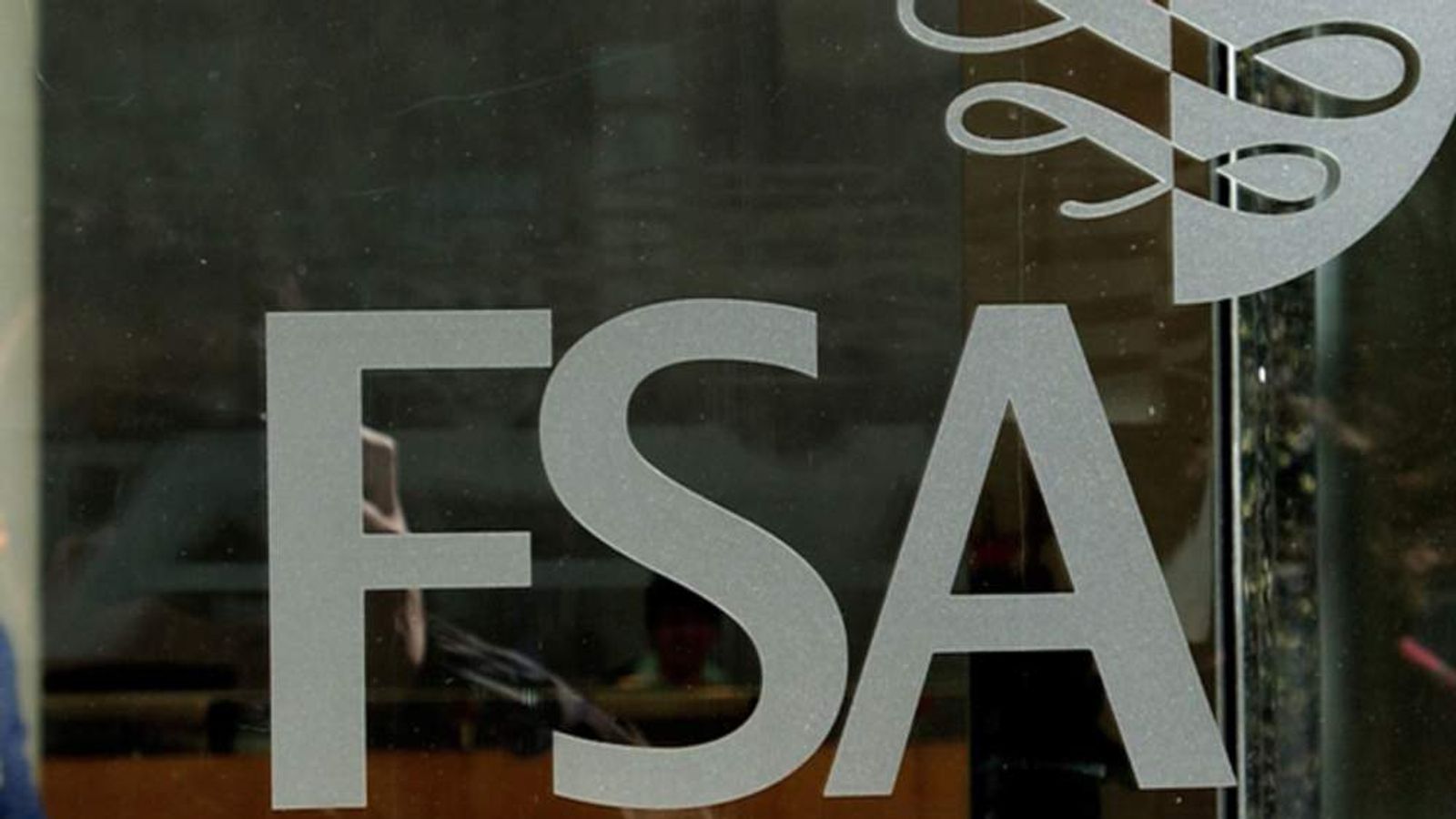How Serious Are Veterinary Watchdog Complaints? A Vet's Perspective

Table of Contents
Types of Veterinary Watchdog Complaints
Veterinary watchdog organizations investigate a wide range of complaints, varying greatly in severity. Understanding these categories is crucial for every veterinary professional.
Negligence and Malpractice
These are the most serious complaints, potentially leading to severe consequences. Negligence involves a failure to provide the standard of care expected of a reasonably competent veterinarian, while malpractice refers to professional misconduct or unreasonable lack of skill.
- Examples: Misdiagnosis of a serious condition leading to delayed treatment, surgical errors resulting in complications, administering incorrect medication dosages, or failing to follow established protocols for anesthesia.
- Consequences: Consequences can range from a formal reprimand to license suspension or revocation. Malpractice cases frequently lead to costly lawsuits and significant financial penalties.
- Importance of Record-Keeping: Meticulous record-keeping is paramount. Detailed and accurate medical records serve as crucial evidence in defending against allegations of negligence or malpractice. These records should include thorough examination findings, treatment plans, client communication, and consent forms.
Communication Issues
Surprisingly, many complaints stem from poor communication with clients. Failing to manage client expectations or adequately explain procedures can lead to misunderstandings and grievances.
- Importance of Clear Explanations: Use clear, concise language, avoiding jargon. Ensure clients understand the diagnosis, treatment options, prognosis, and associated costs.
- Managing Client Expectations: Be realistic about treatment outcomes and manage expectations effectively. Address potential concerns and answer questions thoroughly.
- Handling Difficult Conversations: Learn strategies for addressing difficult conversations with empathy and professionalism, even when facing criticism or dissatisfaction.
Animal Welfare Concerns
Complaints related to inadequate animal care, neglect, or cruelty are viewed very seriously. These complaints can have devastating consequences for both the animals and the veterinarian involved.
- Examples: Failure to provide adequate food, water, or shelter; neglecting to provide necessary veterinary care; inflicting unnecessary pain or suffering; or failing to comply with animal welfare regulations.
- Severity of Consequences: These complaints can result in significant fines, license suspension or revocation, and criminal charges in severe cases.
- Ethical Practice: Adherence to a strict code of ethics and prioritizing animal welfare are essential in preventing such complaints.
Billing and Financial Disputes
Disputes over billing practices, overcharging, or lack of transparency can also lead to complaints. Maintaining clear and ethical financial practices is critical.
- Importance of Clear Billing Practices: Provide itemized bills clearly outlining services rendered and associated costs.
- Strategies for Avoiding Disputes: Communicate pricing upfront, obtain informed consent for procedures, and provide clear payment options.
- Professional Conduct: Ethical conduct in financial matters builds trust and prevents misunderstandings.
The Investigation Process
When a complaint is filed, a thorough investigation follows. Understanding this process is essential for navigating the situation effectively.
Initial Assessment and Review
Veterinary watchdog organizations receive complaints, typically through online forms or direct communication. These are then assessed to determine whether a formal investigation is warranted.
- Steps Involved: The process usually involves reviewing the complaint, gathering evidence (medical records, witness statements, etc.), and interviewing involved parties.
- Role of Evidence: Strong evidence, like detailed medical records, can significantly influence the outcome of an investigation.
- Timelines: Investigations can take weeks or months, depending on the complexity of the case.
Disciplinary Actions
Depending on the findings of the investigation, various disciplinary actions may be taken against a veterinarian.
- Range of Penalties: These actions can range from a simple warning or reprimand to probation, license suspension, or even license revocation.
- Impact on Professional Reputation: Complaints and disciplinary actions can severely damage a veterinarian’s professional reputation and career prospects.
Minimizing the Risk of Complaints
Proactive measures significantly reduce the risk of facing complaints.
Proactive Measures
- Continuing Education: Staying updated on the latest medical advancements and best practices is crucial.
- Thorough Records: Maintaining detailed, accurate, and easily accessible medical records is vital for defending against potential complaints.
- Prioritizing Client Communication: Clear, consistent, and empathetic communication is essential for managing client expectations and building trust.
- Adhering to Ethical Guidelines: Strict adherence to ethical guidelines and professional standards protects against potential misconduct accusations.
- Seeking Mentorship: Mentorship can provide valuable guidance and support in navigating complex cases and challenges.
Professional Liability Insurance
Adequate professional liability insurance is crucial for protecting against financial losses stemming from lawsuits or disciplinary actions.
- Benefits of Coverage: Insurance provides financial protection against legal costs, settlements, and judgments.
- Protection Against Lawsuits: It offers crucial support in the event of a malpractice lawsuit.
- Financial Security: It ensures financial security and peace of mind in the face of potential claims.
Conclusion
Understanding the gravity of veterinary watchdog complaints is crucial for maintaining a successful and ethical practice. The types of complaints range from serious negligence and malpractice to communication issues and billing disputes. The investigation process is thorough, and the consequences of substantiated complaints can be severe, impacting a veterinarian's career and reputation. Proactively implementing the strategies outlined in this article – prioritizing ethical practice, effective communication, maintaining meticulous records, and securing adequate professional liability insurance – will minimize your risk and protect your professional reputation. For further resources on complaint handling and best practices, consult your local veterinary regulatory board or professional organizations.

Featured Posts
-
 Umzug Nach Deutschland Diese Stadt Bietet Kostenlose Wohnungen An
May 31, 2025
Umzug Nach Deutschland Diese Stadt Bietet Kostenlose Wohnungen An
May 31, 2025 -
 Consistent Financial Pressure On Veterinary Practices Bbc Interview Findings
May 31, 2025
Consistent Financial Pressure On Veterinary Practices Bbc Interview Findings
May 31, 2025 -
 The Good Life Its More Than Just Money
May 31, 2025
The Good Life Its More Than Just Money
May 31, 2025 -
 Access Giro D Italia Live Streams Free Online Options
May 31, 2025
Access Giro D Italia Live Streams Free Online Options
May 31, 2025 -
 Police Launch Urgent Search For Missing 11 Year Old Girl In River Thames
May 31, 2025
Police Launch Urgent Search For Missing 11 Year Old Girl In River Thames
May 31, 2025
